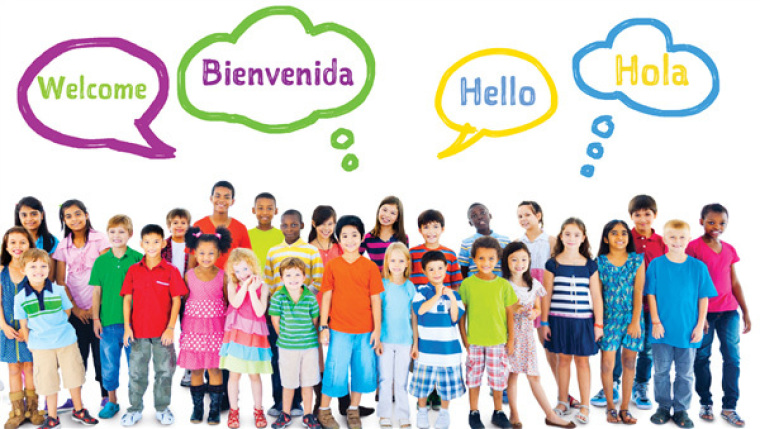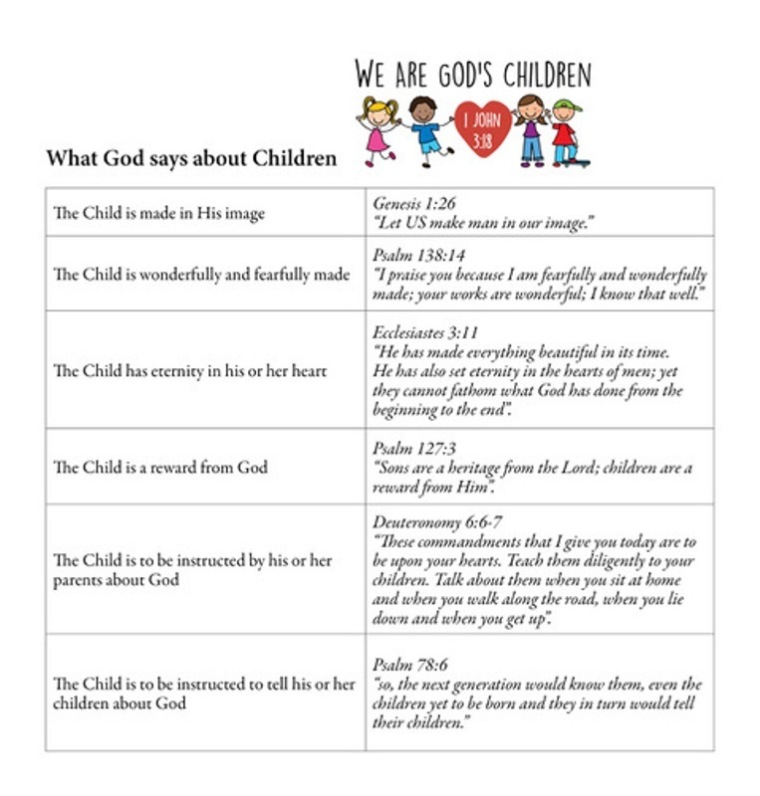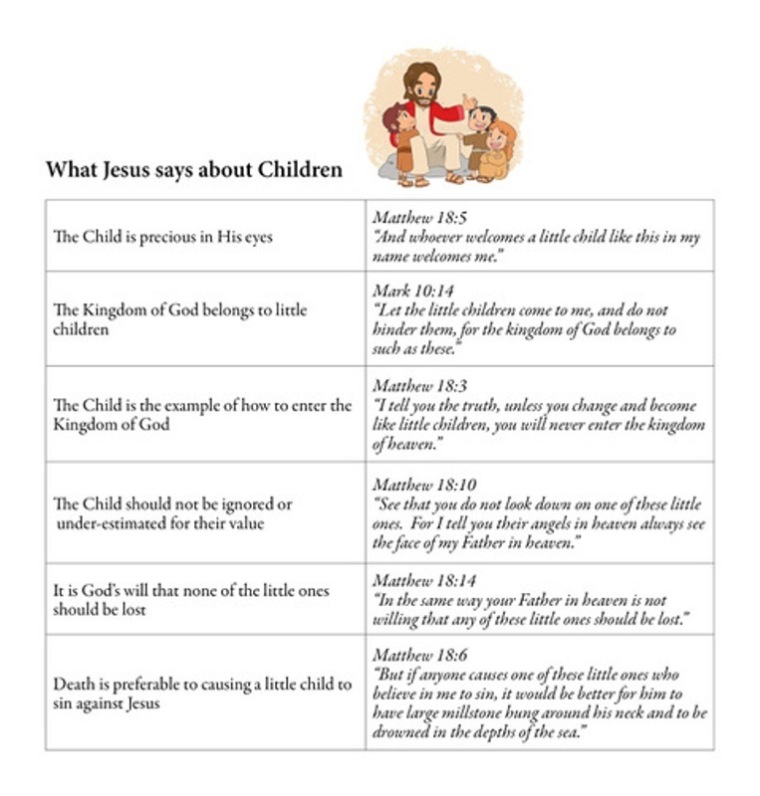
Throughout the history of mankind, the natural progression of life has been birth, ultimately followed by death at some point in time. During these trying times it might be worth looking at the importance of parenting.
When we observe the wonder of birth, we are immediately struck by the complete and utter helplessness of a newly born child. The life and the future of the child are completely in the hands of adults. Children are the most vulnerable of all human beings and are totally dependent on the hopefully, caring and loving adults around them for their physical, emotional and spiritual wellbeing. Sadly, this is not always the case.
Research now shows that how a child is nurtured (or not nurtured) in early childhood, will have a significant impact on how that child will behave and survive in society as he or she comes of age. This includes all aspects of a child’s life.
Justin L. Barret’s book, ‘Born Believers’ reveals some extraordinary facts about the ability and the capacity for very young children to believe and have faith. His work as a noted developmental psychologist and anthropologist at Oxford University, about the value of religious faith, has found that we are all predisposed to believe in God from birth. This would be consistent with the Scripture in Ecclesiastes 3:11 “He has also set eternity in the hearts of men….”
Theos, an English academic think tank, notes that evidence from nearly 140 academic studies conducted over the last three decades examining the relationship between religion and well-being in a wide range of countries and contexts, suggests that overall, holding a religious worldview contributes positively to a person’s wellbeing (Spencer et al, 2016). This position is also supported by research from the World Health Organisation.
Research conducted by Rosemary Aird in 2007 as part of her studies at the University of Queensland’s School of Population Health is worth considering. Aird conducted a survey of the effects of spiritual thoughts and behaviours with more than 3,000 21-year-olds looking at two different belief systems; belief in God as associated with traditional religions and new spiritualties with no recognition of God.
Aird’s research demonstrated that the newer non-traditional beliefs were linked to higher rates of “anxiety, depression, disturbed and suspicious ways of thinking and anti-social behaviour” and “traditional religion tends to promote the idea of social responsibility and thinking of others’ interests, whereas the New Age movement pushes the idea that we can transform the world by changing ourselves.”

The Scriptures recorded in Deuteronomy 6:6-7 are part of a prayer, that is still recited twice a day by devout Jews. These commandments were given through Moses for those going into the Promised Land that they may ‘enjoy a long life’ in a land ‘flowing with milk and honey’. Surely that would be a great goal to aim for!
However, after about 120-150 years of living in the Promised Land, we read in Judges 2:1 that the angel of the Lord visits the Jews and reminds them of what the Lord has done and reminds them of his instructions. Then the angel says “Yet you have disobeyed (God) me. Why have you done this?”
The results of not following the Lord’s instructions are reported in Judges 2:10. Writer’s paraphrase: “When Joshua’s generation passed on another generation grew up and did not know the Lord or what he had done for Israel”’. And indeed, for all humanity.
The commandments of the Lord were ignored. Is history repeating itself in Australia today?

The incident in Mark 10: 13-16 demonstrates Jesus’ great concern for the children. As people were bringing the children to Jesus the disciples, those closest to him, were admonishing the people for bringing the children. Jesus was indignant and rebuked the disciples. Then Jesus himself took the little children in his arms and blessed them.
Each of the statements recorded above about children are Jesus’ actual words, which demonstrate his concern and great value placed on the children.
Do we value the children as Jesus values the children?
Would we be confident to say that in our family and church, children are highly regarded and nurtured in the ways of the Lord?
Often acknowledging the true value of a child involves a humbling of ourselves before the child and before God. Maybe our pride will not let us do that? How difficult is it to admit to your son or daughter that you got it wrong and to seek their forgiveness? And be willing to say a heartfelt and sincere, ‘sorry’?
Is there a generation growing up in Australia who do not know the Lord or what he has done in the development of this great country?
You can be better equipped to help your children, please feel free to check out the websites listed below.
https://worldshapers883fm.wordpress.com/
https://atributetoaustralianchristians.wordpress.com/

Graham McDonald is the President of Diduno